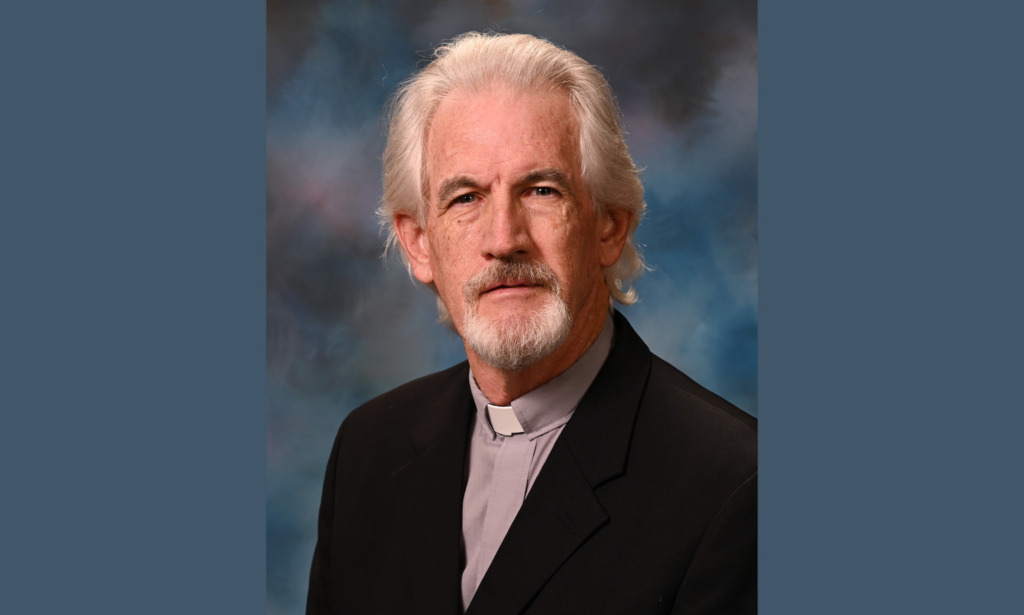Eighteenth Sunday Ordinary Time Cycle C Eccl 1:2, 2:21-23; Ps 90: 3-6, 12-14, 17; Col 3: 1-6,9-11; Lk 12: 13-16
If we take this weekend’s readings at face value and interpret them literally, we might all be in trouble. The reading from Ecclesiastes tells us not to put our faith in anything under the sun and says that all things are vanity. Everything we have or achieve in this life is left to someone else when we die. So, putting our faith in these things, even wisdom, is vanity.
In the reading from Colossians, we are told that things of the Earth are not important. If we have been raised in Christ, it is things that are above, things that are of God, that we should seek.
The Gospel addresses the propensity we have for gathering things and building our life around things of the Earth. It sounds ominous to me, but there is hope.
If we put those things into context, we find hope — and hope doesn’t disappoint. The man in the parable is not condemned for his success, and we even pray in the psalm to “prosper the work of our hands.” The man is condemned because he is too focused on storing his successful harvest. He is too focused on himself, evidenced by the number of times he uses “I” when talking about the situation. He has failed to realize he is part of something bigger than himself. He has lost sight of the real goal in life, and it is for these things he is condemned.
In telling us to put to death the things of the Earth, Paul isn’t saying to get rid of them. He is telling us to change our mindset and challenging us to consider the purpose for which we have been given these things. Things of the Earth should not be our focus because we have been raised with Christ to new life.
Things of this world, even wisdom of the mind, often become a source of pride. When the Scriptures talk about pride, they are not talking about the feeling of accomplishment in graduating from high school and college. They are not referring to the sense of accomplishment when a person discovers a cure for a disease or any other accomplishment. We certainly should be proud of these things and others.
When the Scriptures talk about pride, they are referring to those times and things that replace our acknowledgement of God and his gifts in our lives. They are referring to the times we fail to recognize God in others
When this happens, we should detest those things and times. They turn us away from our journey to God. When we let go of those things and acknowledge God as their source, God becomes more fully present in our lives.
Richard Rohr tells us in a reflection that the purpose of all religion is to seek greater union with God and to see God in all things (Daily Reflections, Center for Action and Contemplation, July 4, 2022). If greater union with God is our true destiny and God is love (1 John 4:16), then love is our true destiny.
In “No Man is an Island,” Thomas Merton wrote: “In the twilight of life, God will not judge us on our earthly possessions and human success, but rather on how much we have loved.”
When we love God totally, we are transformed and find our true destiny, recognizing the presence of God in others.

